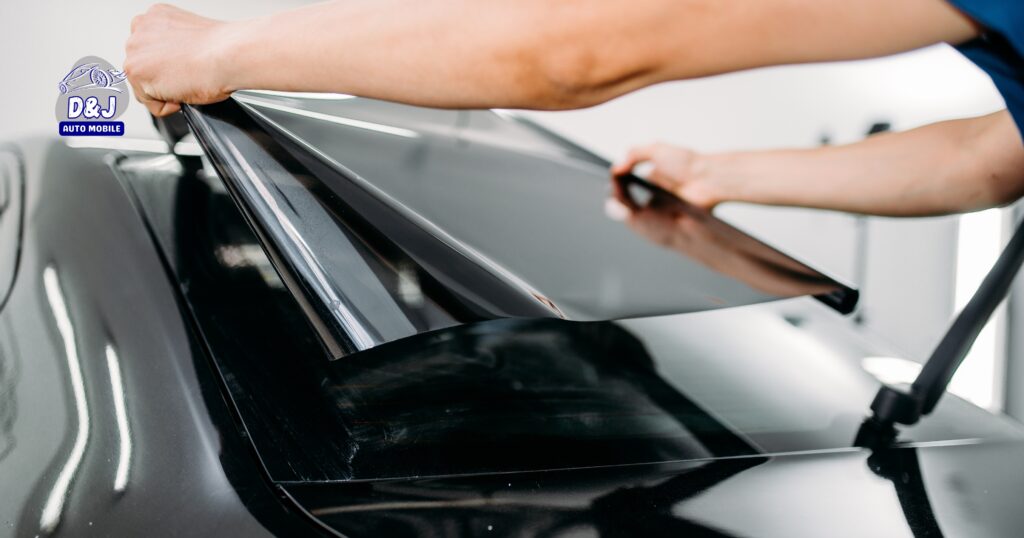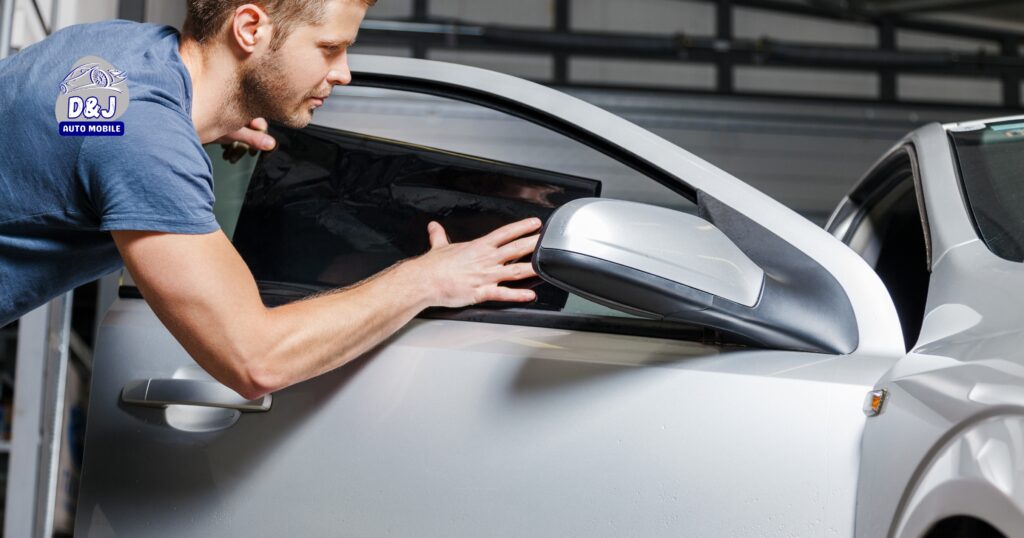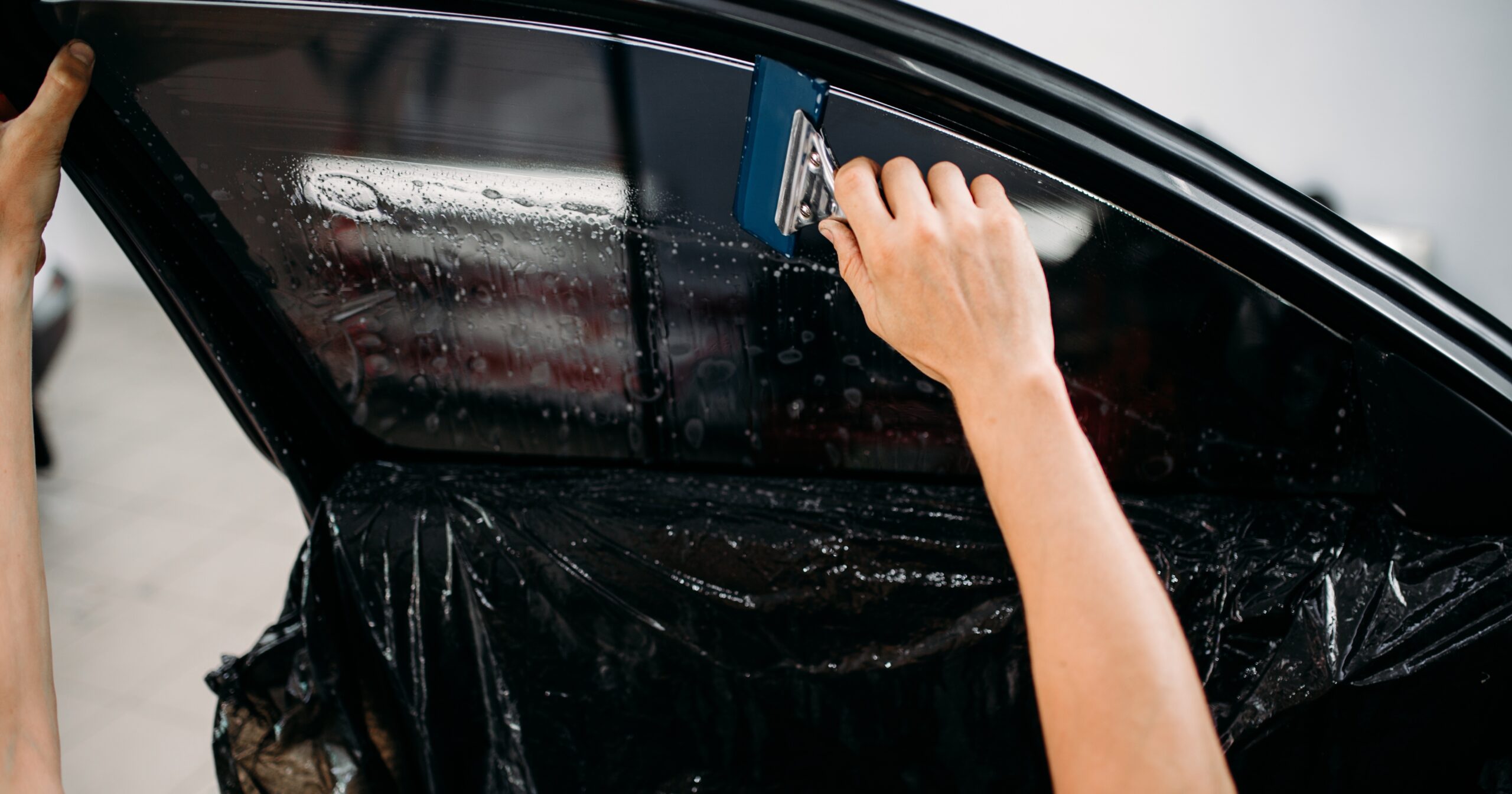How Long Does It Take To Tint A Car? The tinting time for a car depends on the size and type of vehicle. A complete car can take anywhere from 2 to 4 hours, while full-sized trucks generally take between an hour and an hour and a half. Tinting a set of front doors is typically the quickest option, taking only 30 to 45 minutes. Additionally, removing old aftermarket film can significantly extend the tinting process, adding anywhere from 30 minutes to half a day.
When getting your car windows tinted, the process can take 1-3 hours, depending on several factors. These factors include the size of your vehicle, the type of tint being applied, and the experience level of the installer.
A few factors can affect the amount of time it takes to tint a car. The most important factor is the type of car you have. A sedan will typically take less time to tint than an SUV or truck. This is because sedans have fewer windows and simpler shapes. The other factor affecting the tinting time is the number of windows you have tinted. If you only have the front windows tinted, it will take less time than if you have all of the windows tinted.
Table of Contents
ToggleBreakdown Of The Average Time
Here is a breakdown of the average time it takes to tint different types of cars:
- Sedan: 1-2 hours
- SUV/Truck: 2-4 hours
- Front windows only: 30-45 minutes
Removing Old Tint
If you have an old tint that needs to be removed, this will add to the tinting time.
It can take anywhere from 30 minutes to several hours to remove old tint.
The installer must carefully scrape away the old tint without damaging the window.

Curing Time
Once the tint has been applied, it must cure for a few hours before you can roll down the windows.
This is because the tint needs time to adhere to the window properly. Curing is typically 2-3 hours, but it can be longer in cold weather.
Tips
- Get quotes from multiple installers. This will help you get the best price.
- Make sure the installer is experienced. Tinting is a skill, and you want to ensure you hire someone who knows what they are doing.
- Don’t try to tint your car yourself. It is a difficult process, and you could damage your windows if you do it wrong.
Additional Information
- The type of tint you choose will also affect the tinting time. Ceramic tinting takes longer to apply than traditional tinting.
- If you live in a cold climate, your car should be tinted in the spring or summer. This is because the tint will cure faster in warm weather.
- You should not roll down your windows for 24 hours after applying the tint. This will give the tint time to cure properly.

Factors That Affect the Duration Of the Tinting Process
Vehicle Size
The size of your vehicle is one of the main determinants of how long it will take to tint your car windows.
Generally, the larger the vehicle, the longer it will take to complete the tinting process.
For example, a compact car may only take 1-2 hours, while an SUV or van could take up to 3 hours.
Type of Tint
The type of tint being applied also affects how long the process will take.
Different types of tint are available, and some may require more time and effort to install than others.
For instance, ceramic or metallic tints may take longer to apply compared to traditional dyed tints.
Experience Level of the Installer
The experience level of the installer can also impact how long it will take to tint your car windows.
A skilled and experienced installer can complete the job more efficiently and quickly than someone just starting.
Choosing a reputable and experienced installer is important to ensure a high-quality tinting job.
Other Factors
In addition to the above factors, other factors may affect the duration of the tinting process.
These could include weather conditions, accessibility of windows, and the condition of your car’s windows.
It is always best to consult with the installer beforehand to estimate how long the process will take for your specific vehicle.
Conclusion
How Long Does It Take To Tint A Car? Tinting your car is a great way to protect your interior from the sun’s harmful rays and reduce heat buildup. The tinting time will vary depending on the above factors, but it is typically a few hours. In conclusion, the time it takes to tint a car can vary depending on several factors, such as vehicle size, type of tint, experience level of the installer, and other variables. It is important to consider these factors when scheduling a tinting appointment and to choose a reliable and experienced installer for the best results. So, make sure you plan accordingly and allow enough time for the tinting process to be completed properly. After all, you want your car windows to look their best and provide you with the desired level of protection for years to come.
FAQs
How long does it take to tint a car?
Depending on several factors, the process can take anywhere from 1-3 hours. These include the size of your vehicle, the type of tint being applied, and the experience level of the installer.
Does the vehicle size affect the tinting duration?
Yes, the size of your vehicle is one of the main determinants of how long it will take to tint your car windows. Generally, the larger the vehicle, the longer it will take.
Does the type of tint affect the time taken for the tinting process?
Yes, the type of tint being applied also plays a role. Different types of tint are available, and some may require more time and effort to install than others.
Can weather conditions affect the tinting process?
Yes, weather conditions can affect the duration of the tinting process. For instance, in a cold climate, the tint will cure slower. Hence, it is advised to have your car tinted in the spring or summer for faster curing.
Can I roll down my windows immediately after tinting?
No, once the tint has been applied, it must cure for a few hours before you can roll down the windows. Plus, you should not roll down your windows for 24 hours after the tint has been applied to give the tint time to cure properly.
Does the experience level of the installer impact the duration?
A skilled and experienced installer can complete the job more efficiently and quickly compared to someone just starting.
























